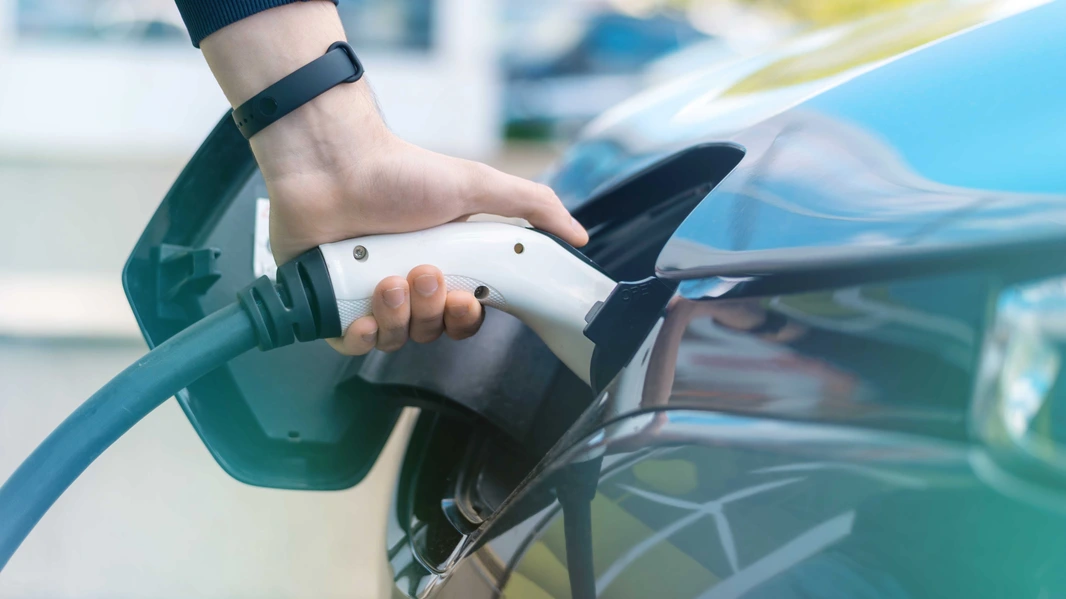As the automotive industry embraces electric vehicles (EVs) to combat climate change and reduce emissions, it is essential for car buyers to stay informed about the impact of this transition on the car market. Electric vehicles offer numerous benefits, but they also come with certain challenges. In this SEO blog, we will explore the pros and cons of electric vehicles on car sales and what buyers need to know before making a decision.
Pros of Electric Vehicles
- Environmental Benefits - One of the primary advantages of electric vehicles is their positive impact on the environment. As zero-emission vehicles, EVs significantly reduce greenhouse gas emissions, air pollution, and dependence on fossil fuels. Choosing an electric vehicle allows buyers to contribute to a cleaner, more sustainable future.
- Government Incentives - Governments worldwide are actively encouraging the adoption of electric vehicles through various incentives and policies. These incentives often include tax credits, rebates, reduced registration fees, and access to HOV lanes. Taking advantage of these incentives can significantly reduce the upfront cost of an electric vehicle, making it a more financially viable option for buyers.
- Reduced Operating Costs - Electric vehicles have lower operating costs compared to traditional gasoline-powered cars. Charging an EV is generally cheaper than refueling a gasoline car, leading to significant savings over time. Moreover, EVs have fewer moving parts, resulting in reduced maintenance costs.
- Advancements in EV Technology - Electric vehicle technology is continuously evolving, leading to improved performance, longer battery life, and enhanced features. Advancements in fast-charging technology are reducing charging times, alleviating range anxiety. Buyers can benefit from the latest innovations and enjoy a more refined driving experience.
- Contribution to Energy Independence - By adopting electric vehicles, buyers can contribute to reducing the reliance on foreign oil imports, promoting energy independence for their country.
Cons of Electric Vehicles
- Lithium-ion Battery Safety Concerns - Electric vehicles rely on lithium-ion batteries to power their motors. While these batteries are efficient and provide a long driving range, they do pose certain safety concerns. In rare cases, lithium-ion batteries can overheat and lead to thermal runaway, resulting in fires or explosions. Buyers should be aware of these potential risks and follow proper battery maintenance and charging protocols.
- Limited Driving Range and Charging Infrastructure - Charging infrastructure is still expanding and not as widespread as traditional gas stations. EV drivers may encounter challenges during long-distance travel, especially in remote areas with limited charging options. "Range anxiety" is a real concern for some buyers, as the fear of running out of battery power without a nearby charging station can be stressful.
- Longer Refueling Time - Charging an electric vehicle typically takes longer than refueling a traditional gasoline car. While fast-charging technology is improving, it may still take several hours to fully charge an EV, depending on the battery capacity and charging station capacity.
- Higher Upfront Cost - Electric vehicles often come with a higher upfront cost compared to their gasoline counterparts. While government incentives and tax credits can offset some of this cost, it remains a significant consideration for many buyers.
Electric vehicles are shaping the future of the automotive industry, with both pros and cons to consider. The environmental benefits, government incentives, reduced operating costs, and technological advancements make electric vehicles an attractive option for many buyers. However, it's essential to be aware of potential challenges, such as lithium-ion battery safety concerns, limited driving range, longer refueling times, and higher upfront costs.
Before purchasing an electric vehicle, buyers should thoroughly research and consider their driving habits, charging infrastructure availability, and budget. By understanding the pros and cons, buyers can make informed decisions, aligning their choice with personal preferences, lifestyle, and commitment to a more sustainable future.
Get in touch with me if you have questions about EV's or just need more information.








